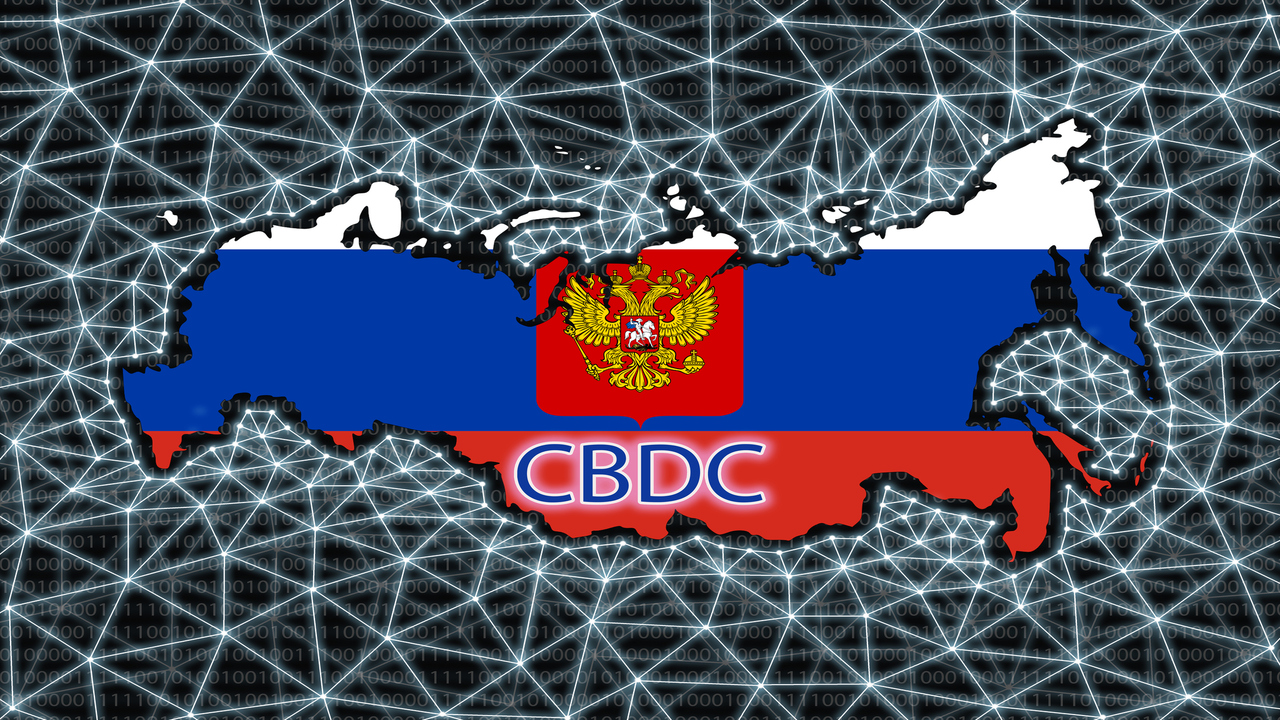Russia’s central bank has begun piloting its Central Bank Digital Currency (CBDC), the digital ruble, with possible features of programmability in view. “The Bank of Russia will conduct extensive experiments into digital ruble programmability using smart contracts in the coming years,” said Anatoly Aksakov, Chairman of the State Duma Committee on Financial Markets, in an interview with Kommarsant. The programmability feature could allow for tighter controls, such as parental controls on how children spend their CBDC stipend. Aksakov explained that the programming function could allow parents to keep their children from spending on the “wrong things.”
However, there are concerns about potential misuse by the state. Aksakov admitted, ““Can the state interfere in this process? I admit that this is also possible, although so far we have not yet approached this procedure for using digital rubles. In principle, the state, since everything turns around in the information system of the Central Bank, can establish rules that will prevent payment of unscrupulous external partners, let’s say.”
Aksakov did state that the Russian banking regulator is not currently experimenting with smart contracts, though it could begin to do so by 2025.
There are rumors that the Russian government plans to pay civil servants in digital rubles, which would essentially make the Russian CBDC compulsory. “The State Duma can quite quickly pass a law that part of the wages are paid in digital rubles,” said Andrei Barkhota, a financial market analyst. “In this regard, there is indeed some interest on the part of the fiscal departments, on the part of the state, which will be able to monitor these operations, understand not only the visible income of citizens, but also expenses.”
See full article at Coingeek.com.
Jack McPherrin (jmcpherrin@heartland.org) is a managing editor of StoppingSocialism.com, research editor for The Heartland Institute, and a research fellow for Heartland's Socialism Research Center. He holds an MA in International Affairs from Loyola University-Chicago, and a dual BA in Economics and History from Boston College.






